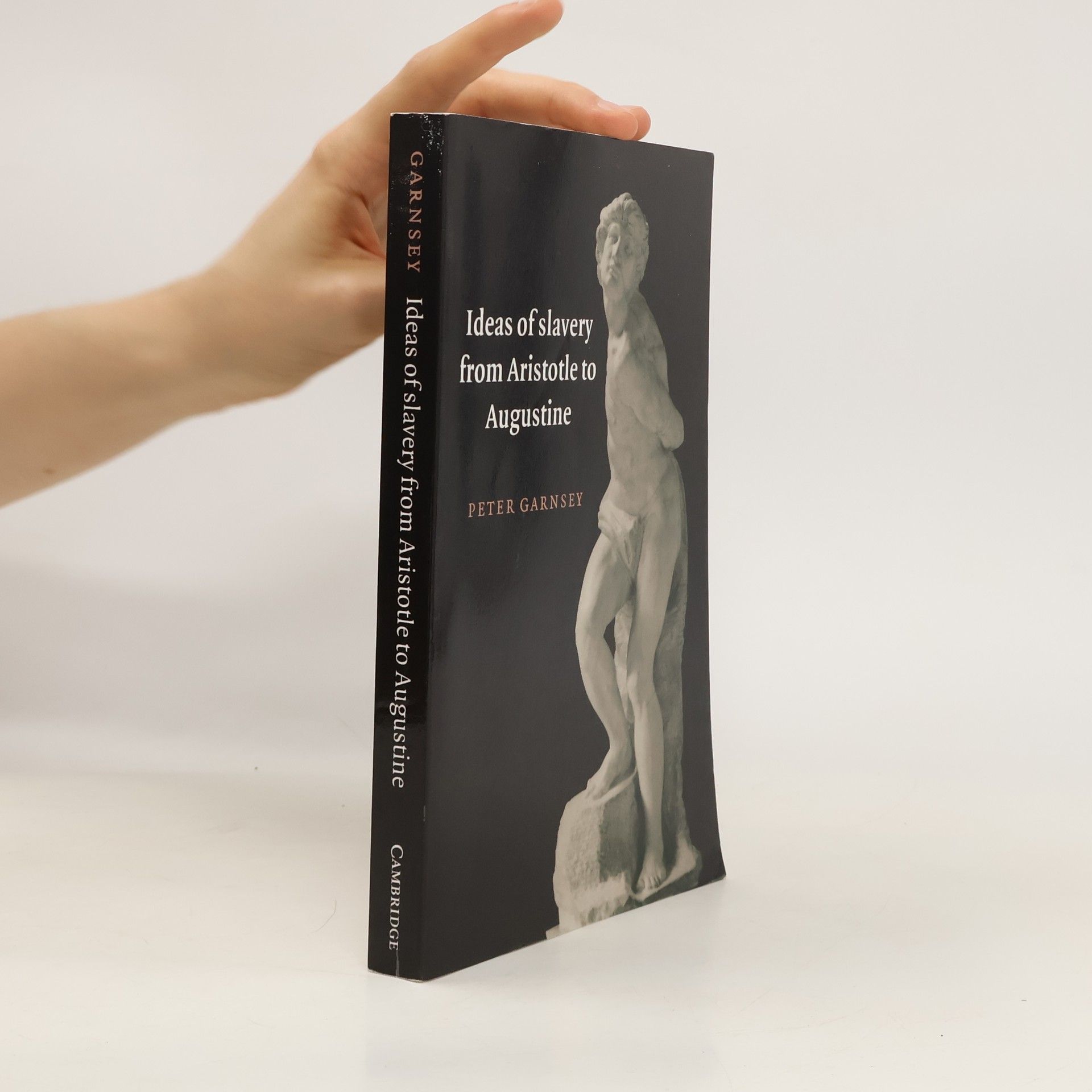A unique and comprehensive account of attitudes to slavery in ancient Greece and Rome.
Peter Garnsey Libri
22 ottobre 1938
Peter Garnsey è Professore Emerito di storia dell'Antichità Classica. I suoi interessi di ricerca si concentrano sulla teoria politica, la storia intellettuale, la storia sociale ed economica, il cibo, la fame e la nutrizione e l'antropologia fisica. Approfondisce una comprensione più profonda di questi aspetti storici.
